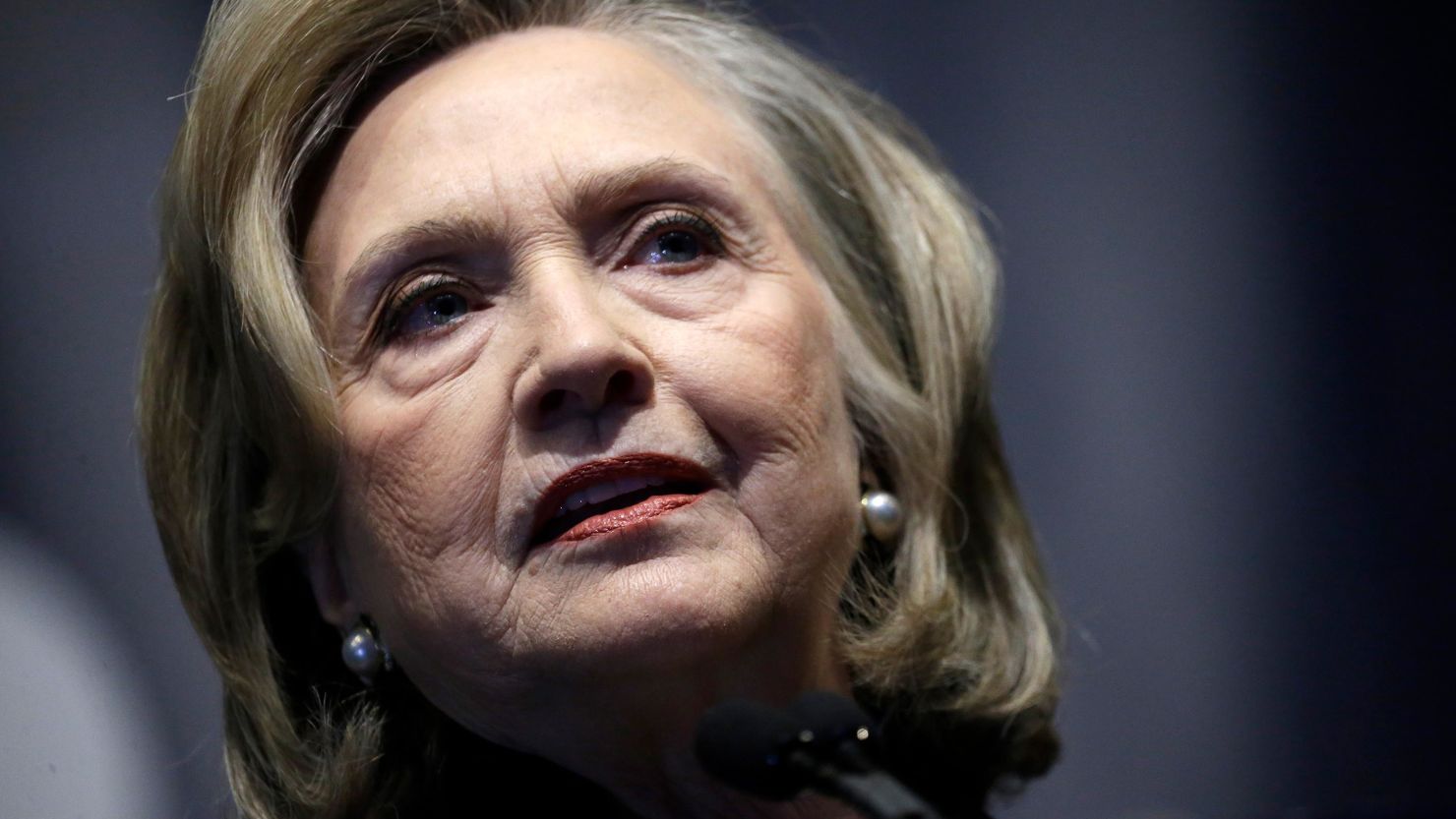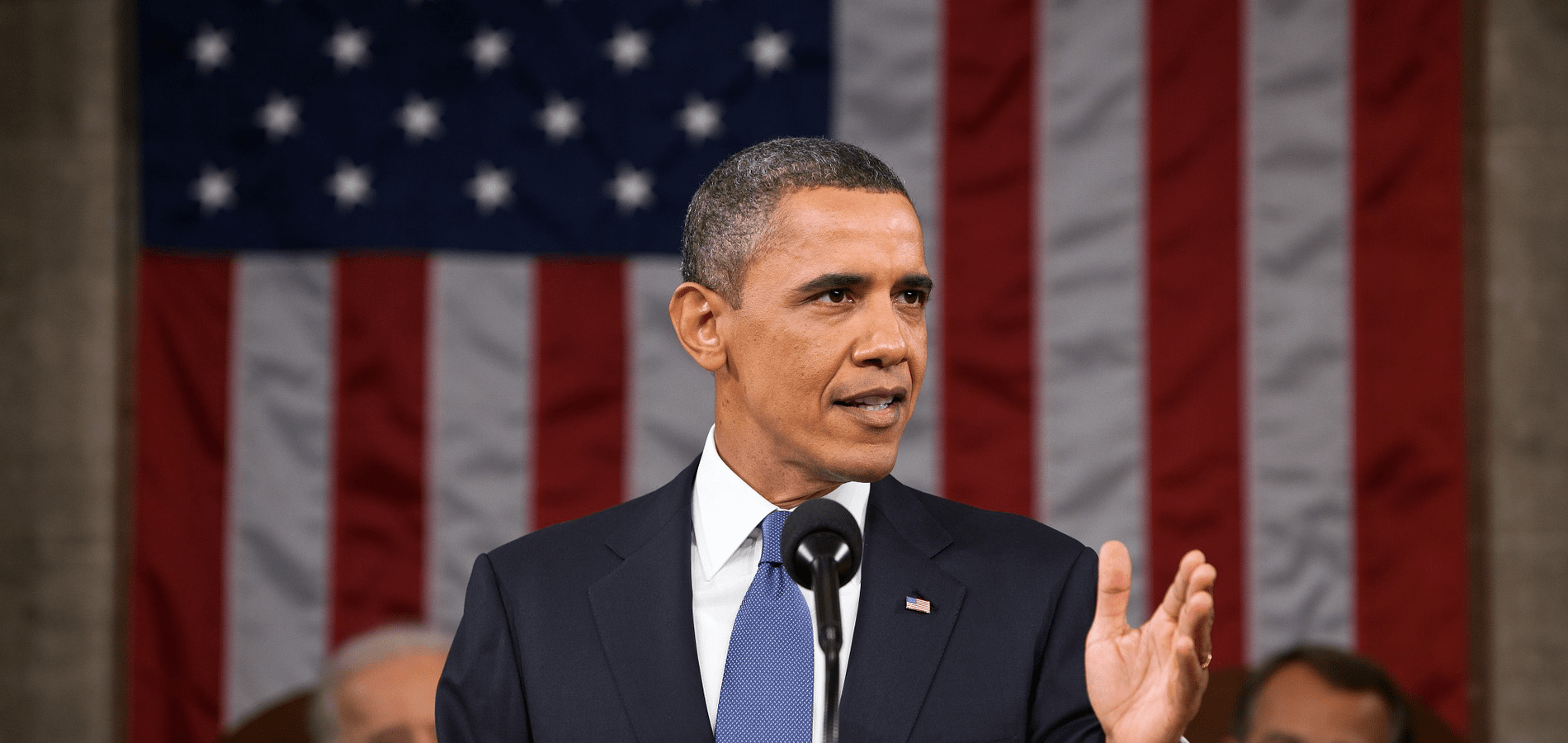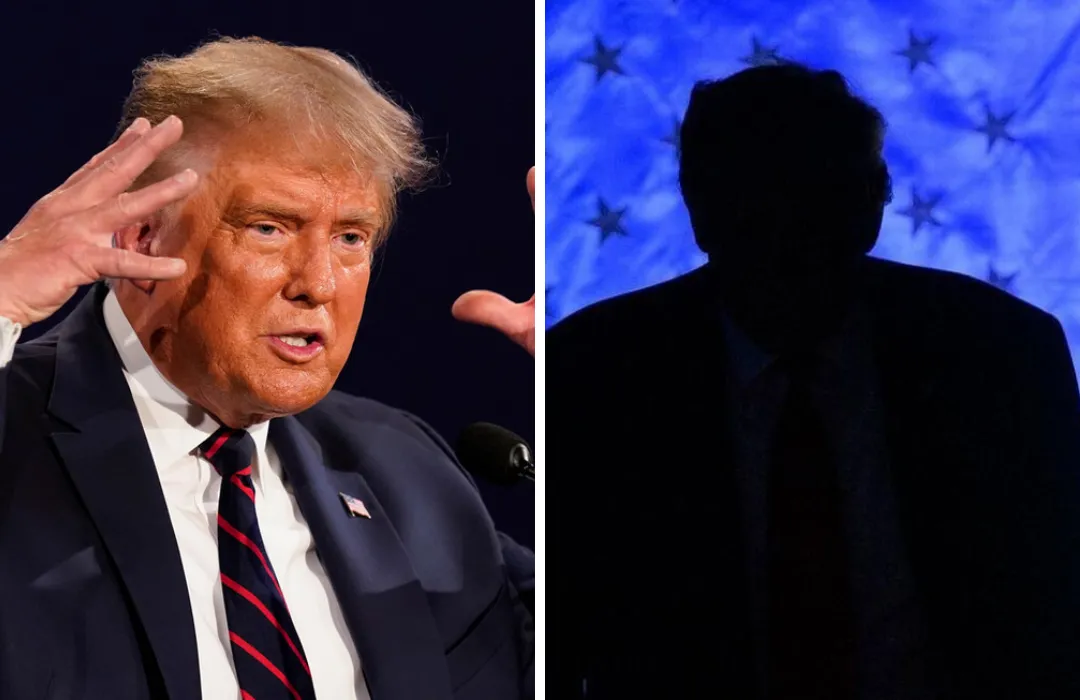Newly declassified documents from the government’s 2016 “Crossfire Hurricane” investigation into alleged collusion between Donald Trump’s campaign and Russia have reignited controversy over whether top officials in former President Barack Obama’s administration coordinated with Hillary Clinton’s campaign to undermine Trump before he entered the White House.
The disclosures, made public by current Director of National Intelligence Tulsi Gabbard, include a memo circulated in 2016 that stated unequivocally that Russian activity had not altered the outcome of the U.S. presidential election.
The release has intensified scrutiny on Obama-era intelligence officials, Clinton’s campaign aides, and senior law enforcement leaders who played central roles in launching and sustaining the Russia investigation.
The newly declassified memo was written for then-President Barack Obama in the aftermath of the 2016 election. It concluded that “Russian and criminal actors did not impact recent U.S. election results by conducting malicious cyber activities against election infrastructure.”
While acknowledging limited attempts by hackers to probe Illinois voter rolls and other systems, the memo said these efforts were unsuccessful and never came close to altering results.
“The targeting of infrastructure not used in casting ballots makes it highly unlikely it would have resulted in altering any state’s official vote,” the memo stated. “Criminal activity also failed to reach the scale and sophistication necessary to change election outcomes.”
The assessment, which was not publicly shared at the time, directly undermines years of claims that Russian interference helped Trump secure the presidency.
Paul Sperry, a senior reporter with Real Clear Investigations, reported that sources told him of explosive text messages and emails allegedly showing coordination between Clinton campaign aides and Obama administration officials.

“DEVELOPING: I’m told there are texts/emails indicating Hillary Clinton campaign aides directly coordinated with the Obama White House, NSC, State Dept and Intelligence Community officials in efforts to dig up dirt tying Donald Trump to Vladimir Putin in July 2016 … developing…” Sperry posted on X.
If accurate, these communications would bolster Trump’s long-standing claim that the Russia investigation was orchestrated by his political opponents to delegitimize his election victory.
For President Donald Trump, who has repeatedly called the Russia investigation a hoax, the memo and reports of coordination are being framed as vindication.
Trump has argued since 2016 that the allegations of collusion were fabricated by Clinton’s campaign and amplified by Obama’s intelligence officials to sabotage his presidency before it even began.
The memo released by Gabbard is now being cited as the strongest evidence yet that top officials knew the Russian interference narrative was weak but pursued it anyway.
Attention is now turning to the actions of former CIA Director John Brennan and former FBI Director James Comey, both of whom played leading roles in the early stages of the Crossfire Hurricane probe.
According to CIA records released by current Director John Ratcliffe, Brennan is accused by career intelligence officials of deliberately concealing information from other agencies while aggressively pushing to incorporate the controversial Steele dossier into assessments.
That dossier, compiled by former British spy Christopher Steele, contained salacious and unverified allegations about Trump’s ties to Russia.

Officials are also examining whether Brennan misled Congress during testimony when he denied relying on the Steele dossier in crafting the intelligence community’s final assessment.
While the statute of limitations for perjury may have lapsed, legal experts say Brennan could still face conspiracy-related charges if evidence shows deliberate coordination to mislead lawmakers.
Comey, meanwhile, is also facing renewed scrutiny. Once the public face of the FBI during the Russia probe, he has remained defiant in public comments.
Recently, he stirred controversy after posting a cryptic social media message interpreted by some as threatening. Sources confirmed that the U.S. Secret Service visited him earlier this year in response.
The Crossfire Hurricane investigation was launched by the FBI in July 2016 to examine possible links between Trump campaign associates and Russian officials.
The probe later served as the foundation for Special Counsel Robert Mueller’s inquiry, which concluded in 2019 that there was no evidence of criminal conspiracy between Trump’s team and Moscow.
Yet despite the lack of proof, the Russia narrative dominated U.S. political discourse for years, weakening Trump’s presidency and fueling partisan conflict. The release of internal memos now raises questions about whether the investigation was pursued in good faith or as part of a deliberate political strategy.
Special Counsel John Durham, who conducted a years-long review of the origins of the Russia investigation, concluded in 2023 that the Trump–Russia collusion allegations were baseless.

His report criticized the FBI for rushing into the probe without sufficient evidence and for relying on the Steele dossier, which was funded by the Clinton campaign and the Democratic National Committee.
The newly declassified memo aligns with Durham’s conclusions, suggesting that senior officials knew early on that Russian activity had not compromised election results.
Director of National Intelligence Tulsi Gabbard has framed the release of the memo as the first step in a broader push for transparency. A former Democratic congresswoman from Hawaii and 2020 presidential candidate, Gabbard has often criticized political corruption in both parties.
“In order to restore trust, we have to provide the American people with the truth,” Gabbard said in a statement. “This is only the beginning. More documents will be reviewed and declassified so that accountability is possible.”
Her announcement has set the stage for additional disclosures, including notes from the Crossfire Hurricane investigation and transcripts from Durham’s interviews with intelligence officials.
A 200-page congressional audit has reportedly been compiled following a closed-door meeting between Department of Justice leaders and intelligence officials.
Lawmakers are now considering whether to release more documents to the public, including internal emails and classified assessments that guided the investigation.
Republicans in Congress are expected to press aggressively for declassification, arguing that the public deserves to know the full extent of coordination between Obama officials and Clinton aides. Democrats, however, are likely to push back, warning against compromising intelligence sources and methods.

Senior officials who have reviewed the documents argue that the Russia narrative was part of a coordinated effort to damage Trump. “Obama ordered the ICA to set Trump up and knock him off balance before he could even get started,” one official told investigators.
“This was an influence operation far more consequential than anything Putin cooked up. Obama and Hillary schemed the op, and the CIA and FBI ran it.”
If proven true, such coordination would represent one of the most consequential political scandals in modern U.S. history, involving a sitting president, a major-party candidate, and the highest levels of law enforcement and intelligence.
While criminal prosecutions remain uncertain, legal analysts point out that multiple statutes could apply if coordination is established. Beyond perjury, possible charges include conspiracy, obstruction of justice, and abuse of power.
FBI officials are reportedly laying the groundwork for a potential criminal investigation into Brennan, Comey, and others. Such a move would mark a dramatic reversal, placing the investigators themselves under investigation.
The disclosures are already reverberating across Washington. Republicans argue that the revelations confirm their long-standing claims of political bias within the intelligence community. They say the Russia investigation was weaponized to delegitimize Trump, undermining faith in democratic institutions.
Democrats, by contrast, are downplaying the significance of the memo, insisting that Russian interference was real even if it did not change vote tallies. They argue that the investigation was justified given the concerns at the time.
For Hillary Clinton, who served as Secretary of State under President Obama and was the Democratic nominee in 2016, the disclosures represent yet another reminder of the controversy that has dogged her political career. Clinton has long denied any wrongdoing and has accused Republicans of seeking to rewrite history.
The release of a 2016 intelligence memo by Director of National Intelligence Tulsi Gabbard has reignited one of the most divisive controversies in American politics: the origins of the Trump–Russia investigation.
The memo, stating that Russia did not alter the outcome of the election, raises serious questions about why the probe was pursued so aggressively and whether top officials in the Obama administration coordinated with Hillary Clinton’s campaign to target Donald Trump.
Former CIA Director John Brennan and former FBI Director James Comey are facing renewed scrutiny, while additional documents may soon be declassified, potentially exposing further details about internal communications and decision-making.
For Trump and his allies, the disclosures represent long-awaited vindication. For Obama-era officials and Clinton aides, they mark the latest chapter in a saga that refuses to fade. And for the American people, the revelations underscore once again the fragile balance between politics, intelligence, and democracy.
As new evidence continues to emerge, Washington is bracing for a renewed battle over accountability, transparency, and the integrity of America’s institutions.





